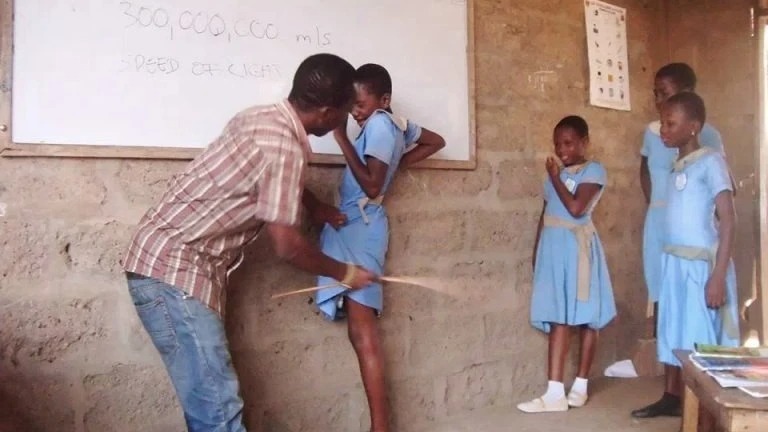Tanzania breaks the ice on corporal punishment in its schools

DAR ES SALAAM: TANZANIA has issued directives on how to administer corporal punishment in its schools, insisting it should strictly adhere to Education Circular No. 24 of 2002.
This was revealed today, September 25, 2025, by Kiwalani Ward Education Officer in Dar es Salaam, Simon Lupogo, who said it should be carried out according to the guidelines set by the Ministry of Education through Education Circular No. 24 of 2002, that the number of strokes administered as punishment should not exceed four per offense.
Furthermore, this punishment should only be administered by the school head or a teacher who has been officially delegated in writing.
Lupogo made these remarks today, September 25, 2025, on behalf of the National Commissioner for Education during an interview with a local media outlet. He stated that the use of corporal punishment in primary and secondary schools in Tanzania is permitted by law, but must strictly follow procedures set by the Ministry of Education.
ALSO READ: MIND YOUR LANGUAGE: Govt urged to consider prohibiting corporal punishment “all together”!
He clarified that corporal punishment should not be used for every offense, but only for serious ones. Teachers are required to assess the severity of the offense before deciding to administer such punishment.
Additionally, Lupogo explained that female students should not be punished by male teachers, whereas male students can be disciplined by any teacher regardless of gender.
He also noted that every instance of corporal punishment must be recorded in a special register, indicating the student’s name, number of strokes administered, name of the teacher who carried out the punishment, and the signature of the school head.
Lupogo further stressed that the purpose of corporal punishment is not to harm the student, but to instill discipline and guide them towards proper behavior within the learning environment.





